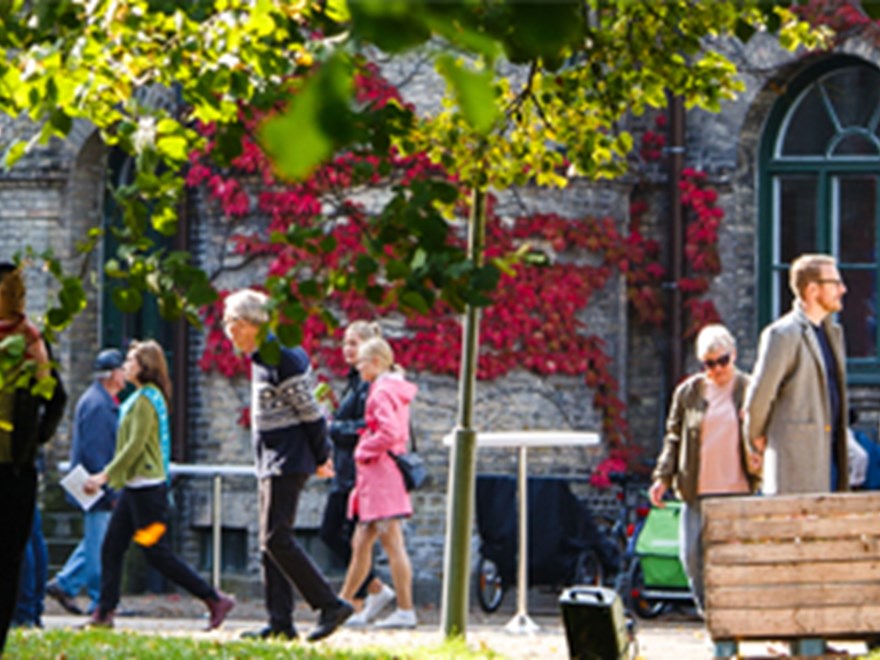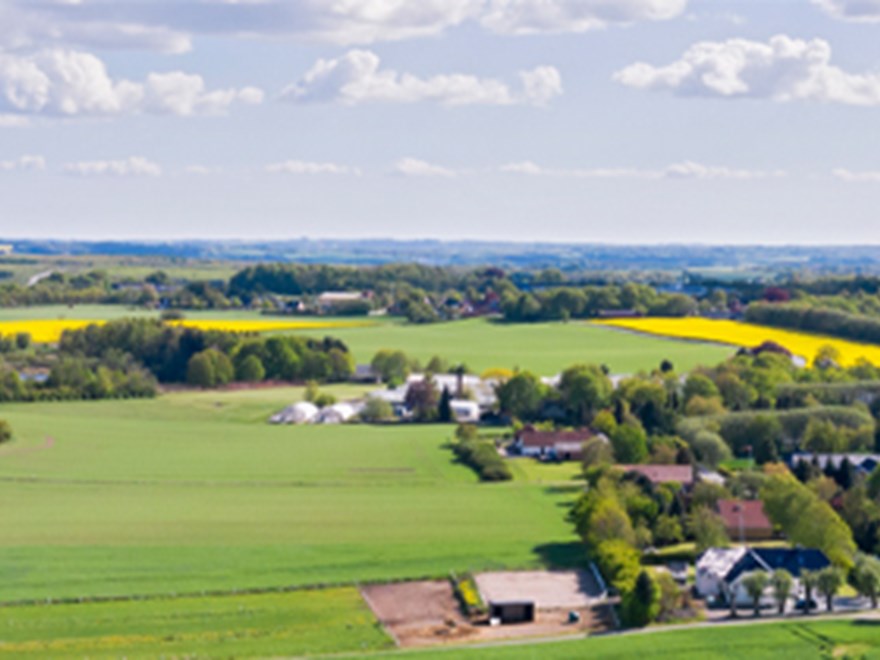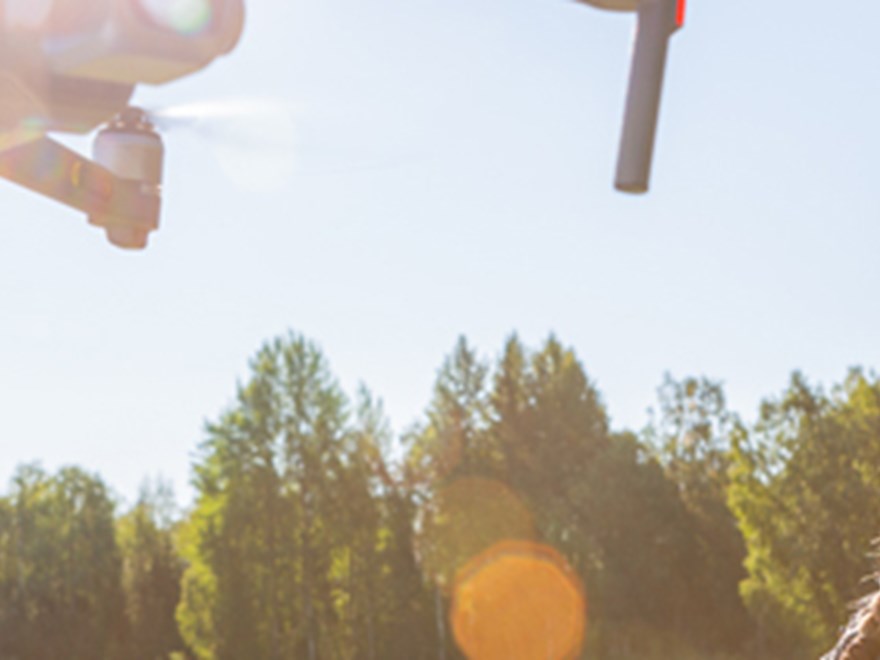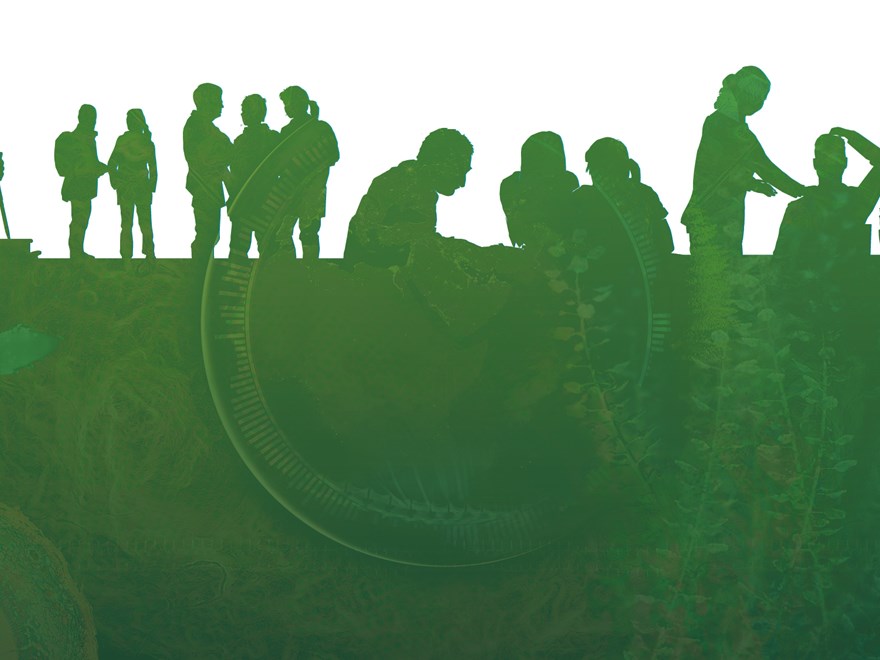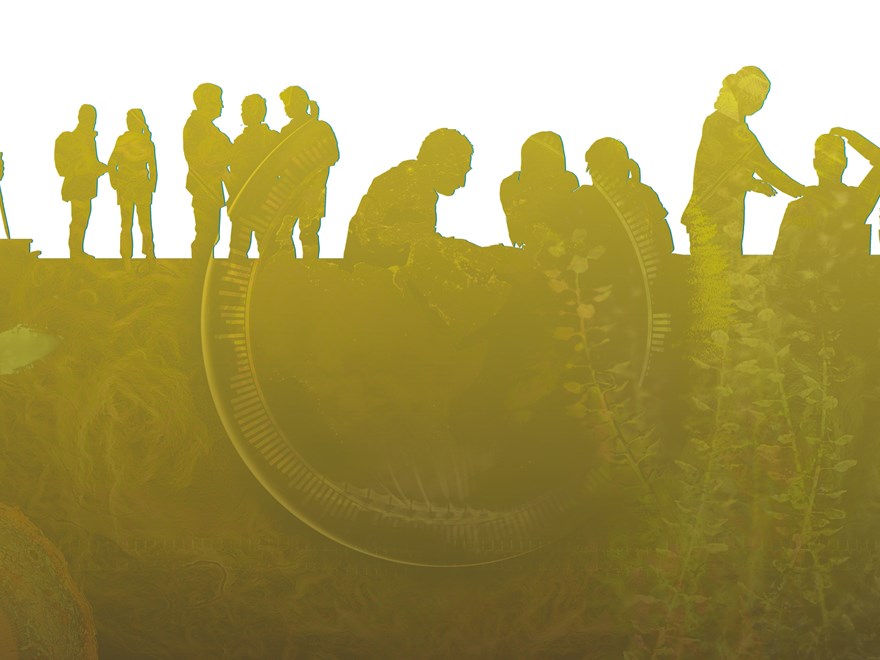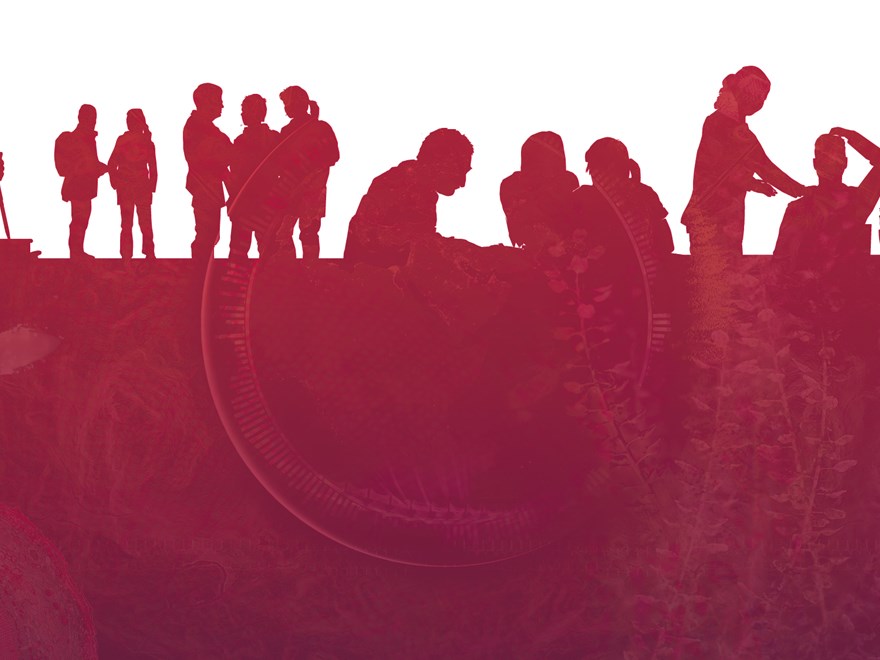The LTV Faculty's strategy work
LTV Faculty strategy for 2021-2025
The faculty's subject areas are highly relevant in relation to important societal challenges related to food, quality of life, health, climate, bio-based raw materials, business management and environments for humans and animals.
Through basic and application-oriented research, we offer both valuable breadth and depth in the development of knowledge. The scientific in-depth study in the individual research fields is important for creating new insights for future areas of application.
We continue to develop organisation-wide collaborations, both in-house and externally, as they facilitate the mobilisation of powers both within our disciplines and in new, interdisciplinary constellations.
We have close ties with the land-based sector, and our initiatives have resulted in good relations with important stakeholders in society. These provide an outside-in perspective on the faculty’s knowledge-generating activities and serve as a network for the faculty’s students and staff. They will also benefit future teaching, research and innovation.
The LTV Faculty contributes to success of the university through its diverse knowledge and competence in many scientific disciplines, and by making this knowledge available to contribute to sustainable societal development locally, nationally and globally.
Strategically prioritised areas
SLU’s next step for sustainable development
The faculty’s breadth, diversity and potential for cooperation and synergies create particularly good conditions. Our knowledge of systems and processes for biological resources, humans, landscape and business management are all crucial parts of research, problem-solving in practice and courses and programmes.
The dialogue and co-creation between academia and practitioners are highly valued within the faculty and contribute to solving societal problems in society's sustainable transformation globally, nationally and locally.
SLU in the digital society
Through its subject areas, the faculty contributes to the possibilities of digital transformation, creating conditions for using and developing digital technology. Some examples are landscape analysis and visualisation in landscape architecture, biological production in the field and controlled environment, plant protection, plant breeding, animal welfare and business management.
Making teaching a priority requires investments in digitalisation for both technical infrastructure and methods of instruction. The technical infrastructure at Campus Alnarp needs to be prioritised. We want to see a continued trend where a programme is offered on several SLU campuses, and this places high demands on the digital learning environment.
Our collaboration structures, participation in EU projects and other international collaborations can be made more accessible through digital technology and thus increase our presence, nationally and internationally. Digitalisation will be integrated into campus development and contribute to increasing communication about SLU's activities in the regions.
One SLU
The LTV Faculty sees a large potential in increased inter-faculty cooperation through a process for cooperating, drafting shared plans and planning joint activities. SLU’s main campuses in Swedish growth regions mean our physical presence and mission bring with them considerable opportunities.
As the faculty is responsible for most SLU operations and activities in southern Sweden, we want to improve opportunities for SLU in the region’s areas of strength and the faculty’s areas of activity. The collaboration structures developed at the LTV Faculty can be further strengthened in cooperation with other faculties and higher education institutions.
We want to continue developing organisation-wide cooperation that facilitates mobilising energies in our area of activity and new, transdisciplinary constellations. This can be within SLU, or with external actors. This mobilisation within the university is a condition for strengthening our role as an expert authority.
The faculty wants to contribute to a good working environment and equal opportunities at SLU, regardless of where operations are located, and at the same time welcome and utilise diversity and positive differences.
Funding
We will strengthen the faculty's funding of research, teaching and EMA to achieve stabile stable conditions long-term. We will increase external funding through an increased number of funders, improved quality of applications and an increased number of larger projects making use of SLU’s transdisciplinary potential.
Campus development
Together with other relevant actors, the faculty wants to develop the Alnarp, Ultuna and Umeå campuses in a way that benefits current and future users and stakeholders. SLU's campuses will become well-renowned regionally, nationally and internationally within the university’s areas of knowledge. Through the faculty's expertise in planning physical environments, we can contribute to qualitative development with a holistic perspective.
The values that our campuses bring to research, teaching, collaboration, innovation and communication should be used and developed, e.g. through various living lab functions.
Skills provision
The skills provision must be long-term and based on needs that are identified both at the departmental level within each subject area and at the faculty level. The faculty will continue to develop working methods that enable well-balanced priorities for decisions on recruitment and competence development.
Work on skills provision has made it clear that there is a need for a broader approach to planning to secure the skills needed at the faculty. In addition to including more employment categories, we need to ensure skills provision through both recruitment and professional development for existing employees. The faculty also needs to play an active role in widening the recruitment pool in specialist areas in cooperation with external actors.
